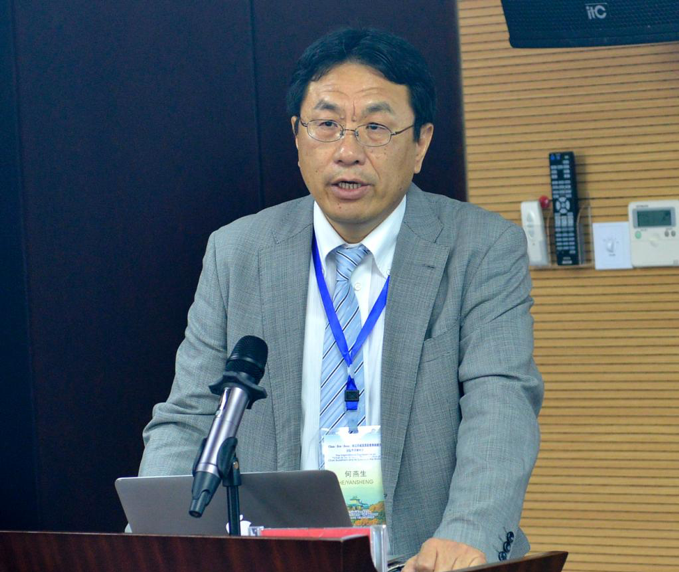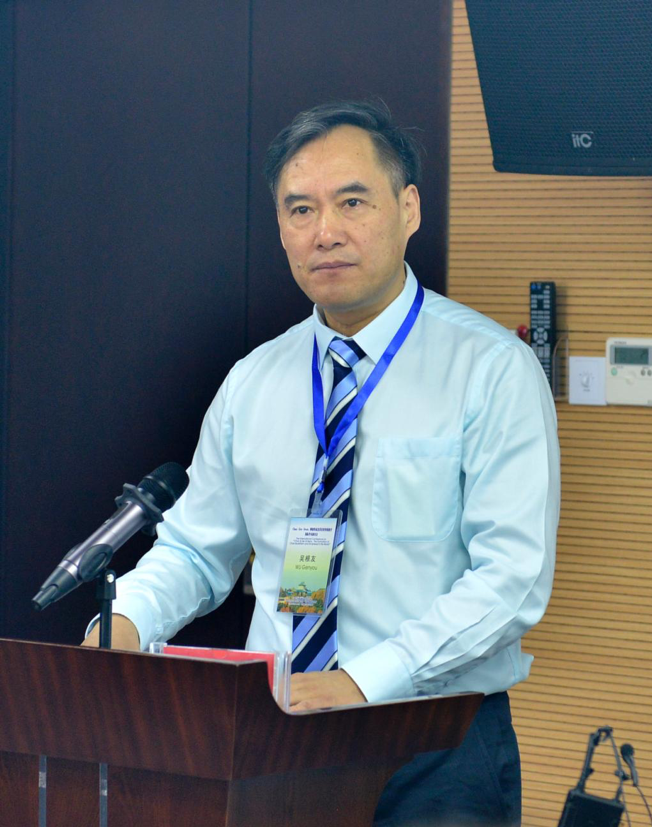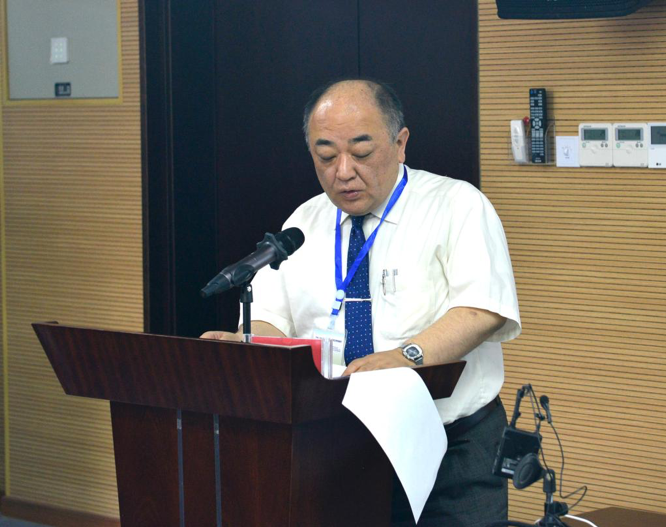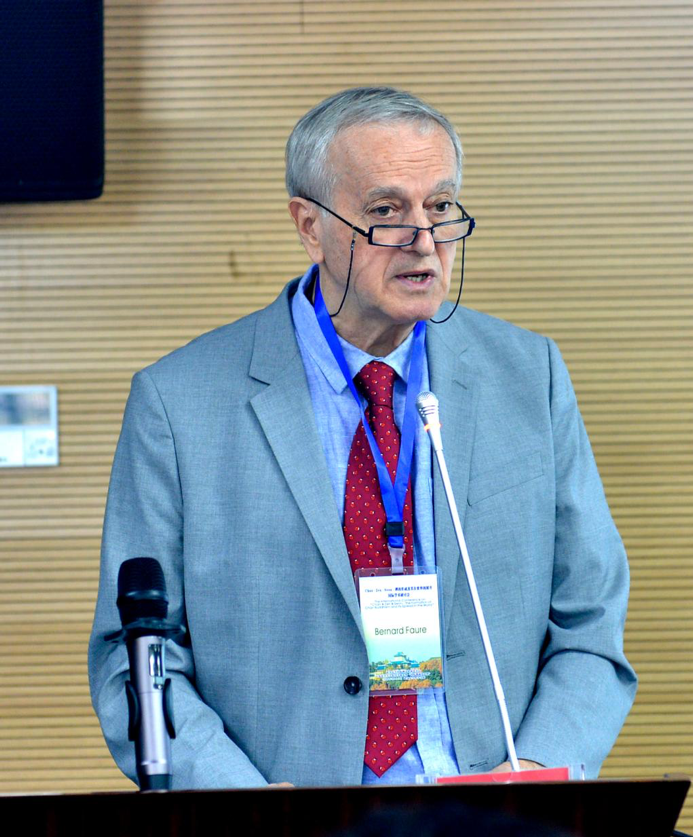On the morning of May 4, 2018, The International Conference onChan & Zen & Seon:The Formation of Chan Buddhism and Its Spread in the World, hosted by the Research Institute for International Chan Culture of Wuhan University and International Zen Research Project, Institute for Oriental Studies of Toyo University, took place at Zhenhua Building, the school of philosophy, Wuhan University. This is a very important international academic conference after the establishment of the International Chan Research Center of Wuhan University. More than forty scholars and monks from Japan, South Korea, the United States, China Mainland, Hong Kong, and Taiwan have joined together to discuss the important issue on Chan & Zen & Seon. This conference is of significance for promoting the development of the Research Institute for International Chan Culture of Wuhan University into a high-level international academic research platform, enriching and developing the study of Chan culture and religious theories, and promoting academic exchanges among global organizations studying Chan culture.
Numerous experts and scholars from China and Japan attended the opening ceremony, They are Wu Genyou, Dean of the School of Philosophy of Wuhan University; Professor Atsushi Ibuki, of the International Chan Research Project, and of the Institute of Oriental Zen Studies of Toyo University; Professor Wang Song, Director of the Centre for Buddhist Studies, from Peking University; Professor Gong Yan, Director of the Center of Buddhist Studies, from Sun Yat-sen University; Professor Chen Jianxi, Director of the Buddhist Research Center, from Chinese University of Hong Kong, etc. The opening ceremony was hosted by Professor He Yansheng, the head of Research Institute for International Chan Culture of Wuhan University.

Professor He Yansheng hosted the opening ceremony
Dean Wu and Professor Atsushi Ibuki delivered a welcome speech respectively and introduced the conference schedule first. Abbot Chong Di, master of Anguo Temple, Professor Wang Chung, Professor Gong Yan and Professor Chen Jianyi also delivered a speech on behalf of the co-organizers. Professor Faure, a distinguished scholar of western Chan studies from the University of Columbia and Professor Ishii Ikegani (represented by others) of the University of Takizawa University made the keynote speeches of the <Gradualism Revised Another Look at Early Chan>and < Modern "Zen" and "The Exploration of the Heart">.


Dean Wu and Professor Atsushi Ibuki delivered the welcome speech respectively

Professor Faure of the University of Columbia gave the keynote speech
Besides, on the evening of May 4th, Professor Faure also gave a Luojia Lecture, entitled “Methodological Reflection on Chan and Tantric/Western Chan Studies” at the Old Library Building.
On the two-day meetings of the conference, scholars had in-depth discussions on four meaningful topics on Chan. The conference also invited experts and scholars to visit the Fourth Patriarch Temple and the Fifth Patriarch Temple in Huangmei County, for Chan cultural exchanges.

group photo
The Research Institute for International Chan Culture of Wuhan University was proposed by Professor He Yansheng last year, with an important task to enhance Wuhan University’s leading position in Chan studies and to promote the internationalization of the School of Philosophy of Wuhan University. The Research Center is affiliated with the School of Philosophy and closely cooperates with the "Wuhan University Comparative Philosophy and Cultural Strategy Research Center". Through the integration of the academic, religious, and business communities, it strives to build a world-class academic environment, to attract world-class talents, to engage in world-class research, and to publish world-class achievements and become an academic exchange platform.
(News from http://www.whu.edu.cn/phi/info/1009/1618.htm)
(Edited by Wang Wei, Liu Jiachen and Liu Xiaoli)


